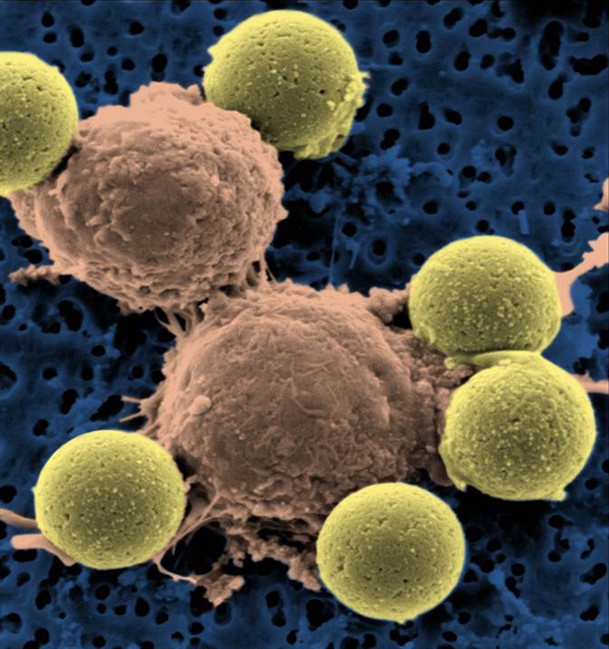Doctors are reporting a major advance against leukemia and other blood cancers.

They say an experimental treatment, gene therapy, is giving strikingly high success rates in tests on more than 120 patients with various types of leukemia, lymphoma and other blood and bone marrow cancers.

Get weekly health news
READ MORE: Gene sequencing solves one-fourth of mystery diseases in kids, adults
The treatment involves removing certain white blood cells from a patient, altering them in a lab to contain a gene that attacks cancer, and returning them to the patient.
In one study, all five adults and 19 of 22 children with one type of leukemia had a complete remission, meaning no cancer could be found after treatment, although a few have relapsed since then.
Doctors will describe the studies at an American Society of Hematology conference that began Saturday in New Orleans.







Comments